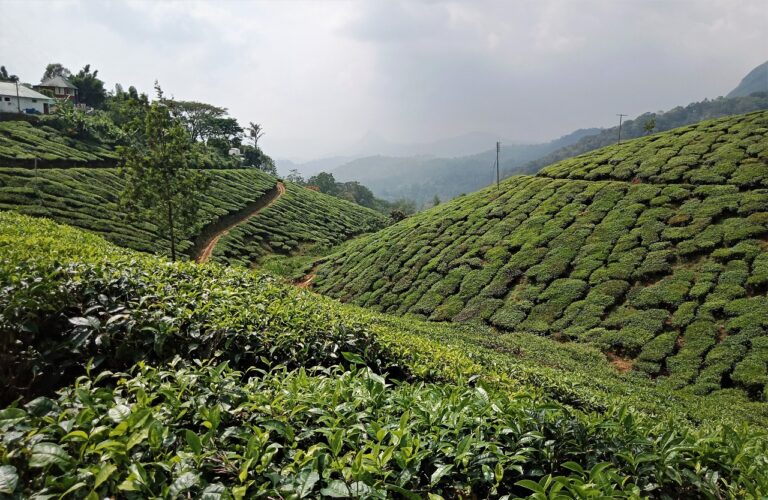The Influence of Populism on Electoral Dynamics: Sky247 login, Diamondexch9.com, Tiger exchange
sky247 login, diamondexch9.com, tiger exchange: Populism has become an influential force in shaping electoral dynamics around the world. Political parties and leaders who tap into populist sentiments often attract significant support from voters who feel disenchanted with mainstream politics. But what exactly is populism, and how does it impact elections? Let’s delve deeper into the influence of populism on electoral dynamics.
What is populism?
Populism is a political ideology that pits “the people” against a so-called “elite” establishment. Populist leaders often claim to represent the interests and concerns of ordinary citizens, promising to fight against corruption, bureaucracy, and other injustices. Populism tends to rely on simplistic solutions to complex problems, often appealing to emotions rather than rationality.
The rise of populism in recent years
In recent years, we have witnessed the rise of populism in various countries across the globe. Leaders like Donald Trump in the United States, Jair Bolsonaro in Brazil, and Matteo Salvini in Italy have capitalized on populist rhetoric to mobilize their bases and win elections. Populist parties have also made significant gains in countries like Hungary, Poland, and the Philippines.
How populism influences electoral dynamics
Populism has a profound impact on electoral dynamics in several ways. Firstly, populist leaders often polarize the political landscape, dividing society into “us” versus “them.” This can lead to increased social tensions and a breakdown of traditional political alliances.
Secondly, populism tends to prioritize emotion over facts and reason, appealing to people’s fears and insecurities. Populist leaders often scapegoat marginalized groups, such as immigrants or minorities, to rally support among their base.
Thirdly, populism challenges the status quo and questions the legitimacy of established institutions. Populist leaders often portray themselves as anti-establishment figures who will “drain the swamp” and bring about real change.
The future of populism in electoral politics
As we look towards the future, populism is likely to continue to shape electoral dynamics in many countries. Its appeal lies in its ability to tap into the frustrations and anxieties of disenfranchised voters, offering them a sense of empowerment and belonging.
However, the long-term consequences of populism remain uncertain. While populist leaders may initially gain popularity by promising quick fixes to complex problems, they often struggle to deliver on their lofty promises once in power. This can lead to disillusionment among their supporters and a backlash against populist politics.
In conclusion, the influence of populism on electoral dynamics is undeniable. Populist leaders and parties have reshaped the political landscape in many countries, challenging the establishment and mobilizing support among disaffected voters. As we navigate the complexities of modern politics, it is crucial to critically analyze the impact of populism on democratic norms and institutions.
FAQs:
Q: Is populism a left-wing or right-wing phenomenon?
A: Populism can manifest itself both on the left and right of the political spectrum, depending on the context and the issues at play.
Q: Can populism coexist with traditional political ideologies?
A: Populism can coexist with traditional political ideologies, but it often challenges established norms and practices within political parties.
Q: Is populism a global phenomenon?
A: Yes, populism has gained traction in many countries around the world, from Europe to Latin America to Asia. Its appeal transcends geographical boundaries and cultural differences.







